-
 play_arrow
play_arrow
The Ultimate Guide to Tea Brewing Mr. Tea Talk
-
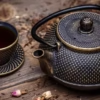 play_arrow
play_arrow
A Comprehensive Review of 3 Must-Have Tea Products on Amazon Mr. Tea Talk
-
 play_arrow
play_arrow
The Ultimate Guide to the Best Tea Essentials on Amazon: Kettles and Teapots You’ll Love Mr. Tea Talk
-
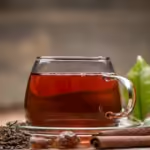 play_arrow
play_arrow
The Best Teapots for Tea Lovers: Silver vs. Borosilicate Glass Mr. Tea Talk

-
 play_arrow
play_arrow
The Rich History and Unique Taste of the Ceylon Tea Mr. Tea Talk
The Rich History and Unique Taste of Ceylon Tea
Ceylon Tea, a world-renowned beverage, is celebrated for its rich history and unique taste. Originating from the lush landscapes of Sri Lanka, formerly known as Ceylon, this tea has captivated the palates of tea lovers around the globe. From its colonial beginnings to its current status as a premium tea, the journey of Ceylon Tea is a fascinating story of resilience, innovation, and cultural significance.
The Origins of Ceylon Tea
The history of Ceylon Tea dates back to the early 19th century. The island’s tea journey began in the British colonial era when coffee plantations dominated the landscape. However, a devastating coffee blight in the 1860s led planters to seek alternatives. James Taylor, a Scottish planter, played a pivotal role in the birth of the Ceylon tea industry. In 1867, Taylor planted the first tea seedlings at the Loolecondera estate in Kandy, marking the beginning of a new era for Sri Lanka’s agriculture.
Taylor’s pioneering efforts proved successful, and the tea industry began to flourish. By the late 19th century, Ceylon Tea had gained international recognition, with large-scale plantations spreading across the island. The construction of railways and the development of modern processing techniques further boosted the industry’s growth. Ceylon Tea quickly became a major export, establishing Sri Lanka as one of the world’s leading tea producers.
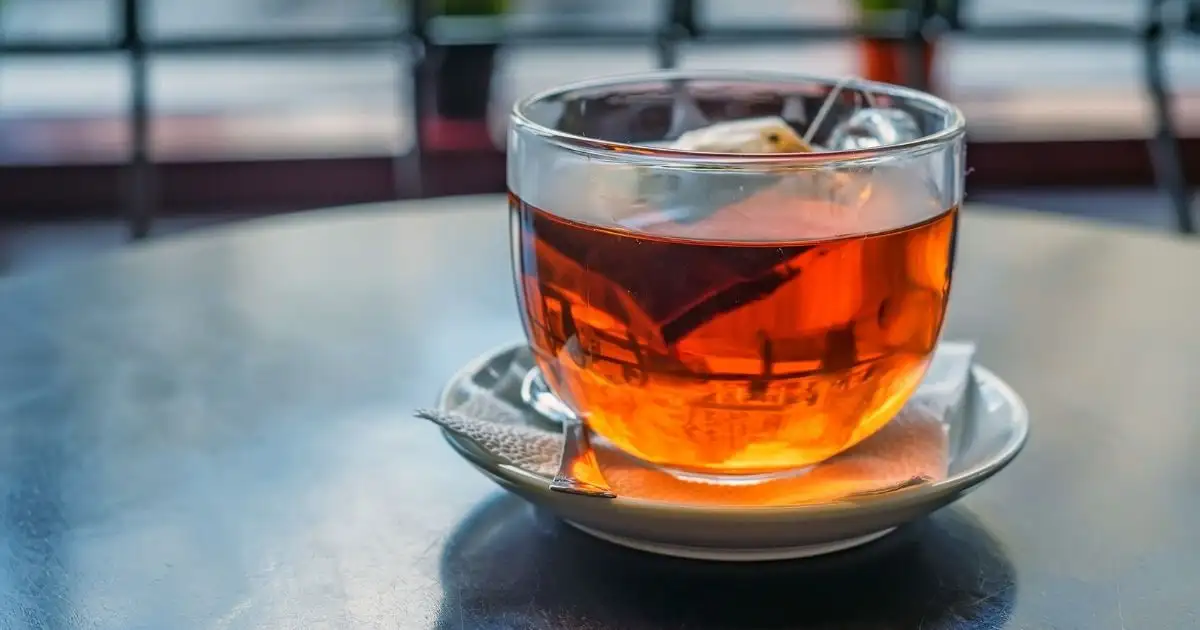
The Evolution of Ceylon Tea
Over the decades, Ceylon Tea has evolved in response to changing market demands and advancements in technology. The industry has embraced innovation while preserving traditional practices that contribute to the unique characteristics of Ceylon Tea. Key developments in the evolution of Ceylon Tea include:
- Diversification of Tea Types: Initially focused on black tea, Sri Lanka expanded its offerings to include green, white, and oolong teas. Each type has distinct flavors and characteristics, catering to diverse consumer preferences.
- Organic and Sustainable Practices: In recent years, there has been a growing emphasis on organic and sustainable tea cultivation. Many Ceylon tea estates have adopted eco-friendly practices, minimizing the use of pesticides and promoting biodiversity.
- Geographical Indications: Ceylon Tea is categorized based on the region where it is grown, with each region imparting unique qualities to the tea. The seven primary tea-growing regions are Nuwara Eliya, Dimbula, Uva, Kandy, Ruhuna, Sabaragamuwa, and Uda Pussellawa. This regional differentiation allows consumers to choose teas based on their preferred flavor profiles.
- Certification and Quality Assurance: The Sri Lanka Tea Board, established in 1976, plays a crucial role in maintaining the quality and authenticity of Ceylon Tea. The “Lion Logo” certification ensures that the tea is 100% pure Ceylon and meets stringent quality standards.

The Unique Taste of Ceylon Tea
What sets Ceylon Tea apart is its unique taste, which is influenced by the island’s diverse climate, topography, and soil conditions. Each tea-growing region in Sri Lanka imparts distinct flavors and aromas to the tea, creating a wide range of taste experiences. Here are some of the key characteristics of Ceylon Tea from different regions:
- Nuwara Eliya: Known as the “Champagne of Tea,” Nuwara Eliya tea is grown at high elevations (over 6,000 feet). The cool, misty climate and rich soil produce light, delicate teas with a floral aroma and a hint of citrus.
- Dimbula: Located in the central highlands, Dimbula tea is grown at elevations between 3,500 and 5,500 feet. This region experiences a distinct dry and wet season, resulting in teas with a bright, brisk flavor and a golden infusion.
- Uva: Grown in the southeastern part of the island at elevations between 3,000 and 5,000 feet, Uva tea has a unique, pungent flavor with a hint of winter green. The monsoon winds that sweep through this region contribute to its distinctive taste.
- Kandy: The mid-grown teas of Kandy, cultivated at elevations of 2,000 to 4,000 feet, are known for their full-bodied flavor and malty notes. The relatively stable climate of this region produces teas with a well-balanced taste.
- Ruhuna: Grown in the lowlands of southern Sri Lanka, Ruhuna tea is characterized by its bold, strong flavor and dark, rich color. The warm, tropical climate of this region imparts a unique robustness to the tea.
- Sabaragamuwa: Similar to Ruhuna, Sabaragamuwa tea is grown in the lowlands but has a slightly different flavor profile. It is known for its sweet, caramel-like taste and deep amber color.
- Uda Pussellawa: Situated between Nuwara Eliya and Uva, Uda Pussellawa tea combines the best of both regions. It has a medium body with a hint of rosy and menthol flavors, making it a unique and versatile tea.

Cultural Significance of Ceylon Tea
Ceylon Tea is not just a beverage; it is an integral part of Sri Lankan culture and identity. The tradition of tea drinking in Sri Lanka is deeply rooted in the daily lives of its people. Tea is often served to guests as a symbol of hospitality and is enjoyed during social gatherings and family occasions.
The tea industry also plays a vital role in Sri Lanka’s economy, providing employment to thousands of people. From the tea pluckers who skillfully harvest the leaves to the workers in the processing factories, the tea industry supports the livelihoods of many Sri Lankans. The scenic tea estates have also become popular tourist attractions, offering visitors a glimpse into the island’s rich tea heritage.
Health Benefits of Ceylon Tea
Beyond its delightful taste and cultural significance, Ceylon Tea is also known for its numerous health benefits. Rich in antioxidants, vitamins, and minerals, this tea can support overall well-being. Some of the key health benefits include:
- Antioxidant Properties: Ceylon Tea is packed with antioxidants, which help to neutralize free radicals and reduce oxidative stress. These antioxidants can support immune function and protect against various diseases.
- Heart Health: Regular consumption of Ceylon Tea has been linked to improved heart health. The flavonoids in the tea can help to lower blood pressure, reduce cholesterol levels, and improve blood vessel function.
- Weight Management: Ceylon Green and Oolong Teas are known for their metabolism-boosting properties. These teas can aid in weight management by increasing fat oxidation and improving overall metabolic rate.
- Digestive Health: Ceylon Herbal Teas, such as those with ginger or mint, can aid in digestion and alleviate digestive issues. The soothing properties of these teas can help to relieve bloating, indigestion, and nausea.
- Mental Clarity and Relaxation: The moderate caffeine content in Ceylon Tea can enhance mental alertness and focus, while the presence of L-theanine promotes relaxation and reduces stress.

Brewing the Perfect Cup of Ceylon Tea
To fully appreciate the unique flavors of Ceylon Tea, it is essential to brew it correctly. Here are some tips for brewing the perfect cup:
- Use Fresh, Filtered Water: The quality of water used for brewing tea can significantly impact its flavor. Always use fresh, filtered water to ensure the best taste.
- Temperature Matters: Different types of Ceylon Tea require different water temperatures for brewing. For black tea, use boiling water; for green and white teas, use water that is slightly below boiling (around 75-85°C); and for oolong tea, use water at 85-90°C.
- Measure the Tea: Use the right amount of tea leaves for each cup. Generally, one teaspoon of tea leaves per cup is recommended. Adjust the quantity based on your taste preference.
- Steeping Time: The steeping time varies for different types of tea. Black tea typically requires 3-5 minutes, green tea 2-3 minutes, white tea 4-5 minutes, and oolong tea 3-4 minutes. Avoid over steeping to prevent bitterness.
- Enjoy the Aroma and Flavor: Take a moment to appreciate the aroma before taking your first sip. Let the flavors unfold on your palate, and enjoy the unique characteristics of each variety.
Conclusion
Ceylon Tea is a treasure trove of history, culture, and unparalleled taste. From its humble beginnings in the 19th century to its current status as a globally recognized tea, Ceylon Tea has come a long way. Each cup tells a story of dedication, craftsmanship, and the unique terroir of Sri Lanka. Whether you are savoring a delicate Nuwara Eliya tea or a robust Ruhuna brew, the experience of Ceylon Tea is a journey through time and tradition.
Indulge in the rich history and unique taste of Ceylon Tea, and discover why this exceptional beverage continues to captivate tea enthusiasts around the world.
Tagged as: Ceylon tea, tea industry, tea cultivation.
Download now: The Rich History and Unique Taste of the Ceylon Tea
Similar episodes
Recent Comments
Categories
Tags
advertisement Best Tea Kettle Ceylon Black Tea Ceylon Green Tea Ceylon tea Ceylon Tea Story Ceylon White Tea Earl Grey Tea Latte fantasy Flowery Orange Pekoe FOP Health Benefits of Tea London Fog Mint Tea OP Slimming Down with Tea Sri Lanka Tea Accessories tea industry Tea Infusers Teapots Tea Time Tea Trade Tea Trays Thai Iced Tea Ultimate Guide to Teapots-
Recent Posts
- The Ultimate Guide to Tea Brewing
- A Comprehensive Review of 3 Must-Have Tea Products on Amazon
- The Ultimate Guide to the Best Tea Essentials on Amazon: Kettles and Teapots You’ll Love
- The Best Teapots for Tea Lovers: Silver vs. Borosilicate Glass
- The Best Teapots for Your Tea Ritual: Glass vs. Cast Iron (Tetsubin)
Archives
Meta
Search in site
Most Popular Podcast
Recent Podcasts
Copyright | Ceylon Wild Tea - All Rights Reserved | 2025

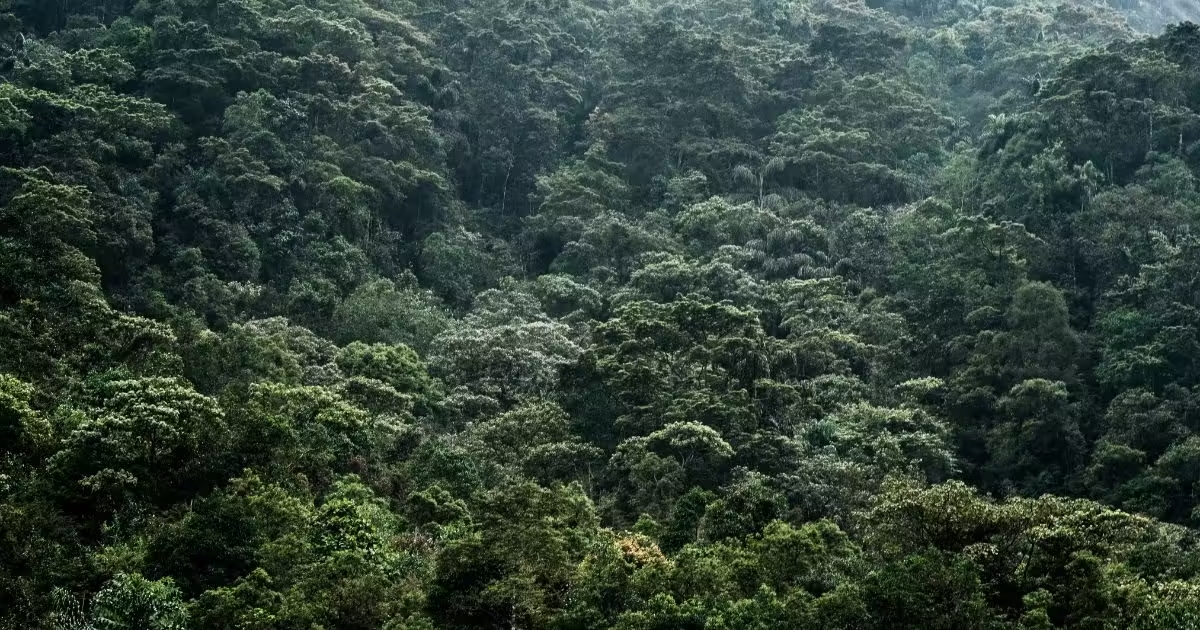


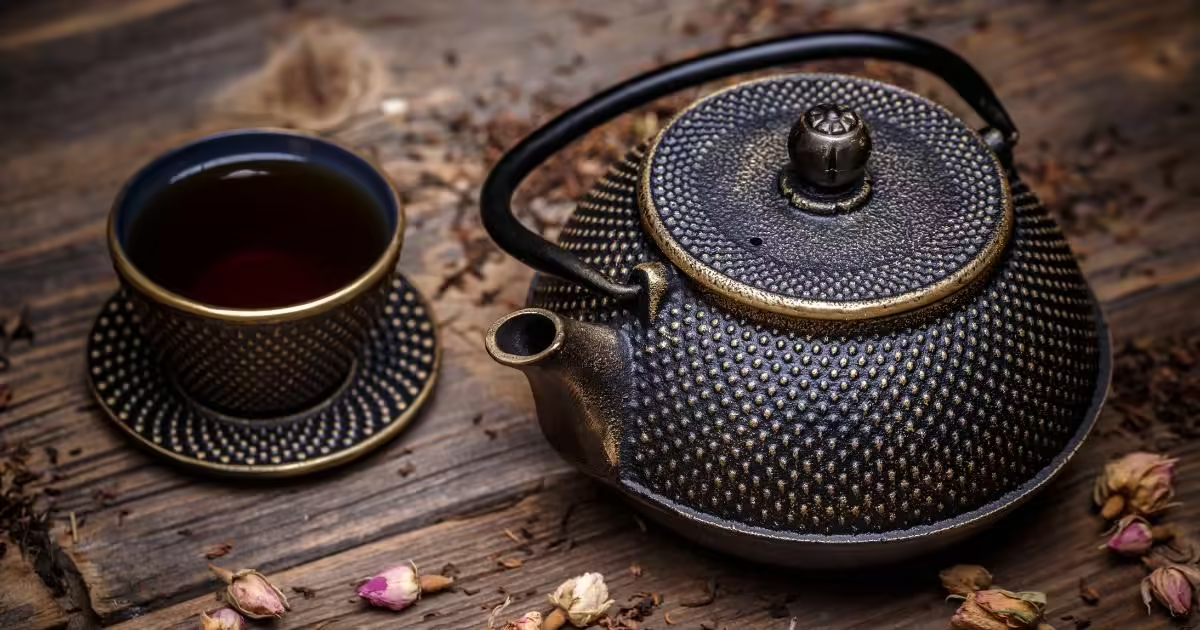
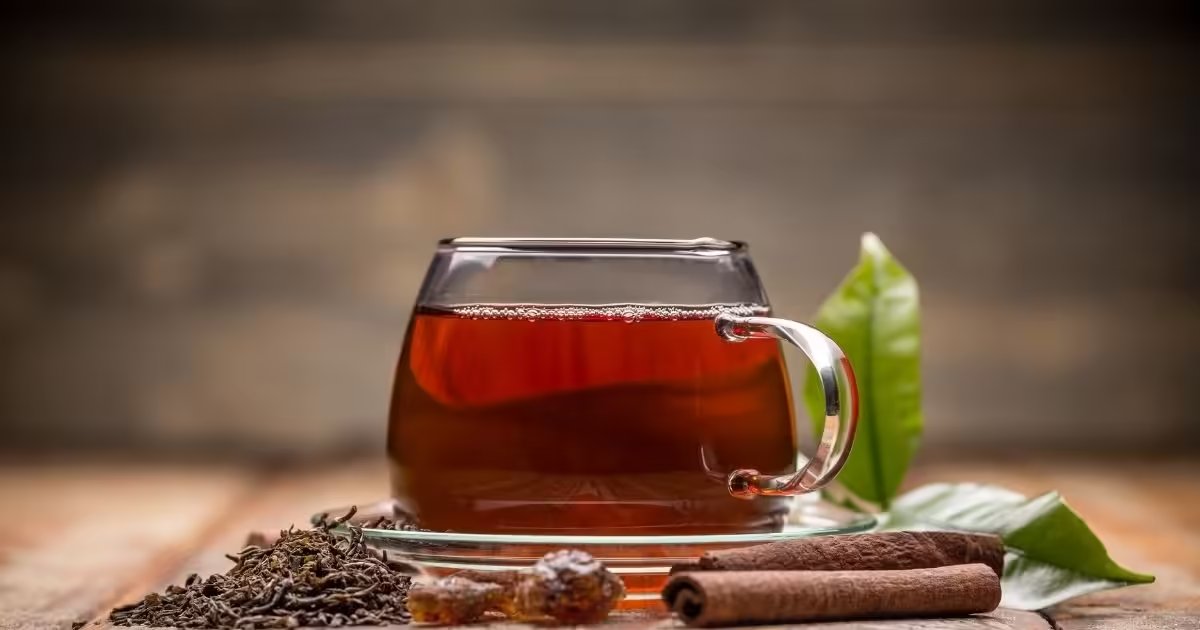
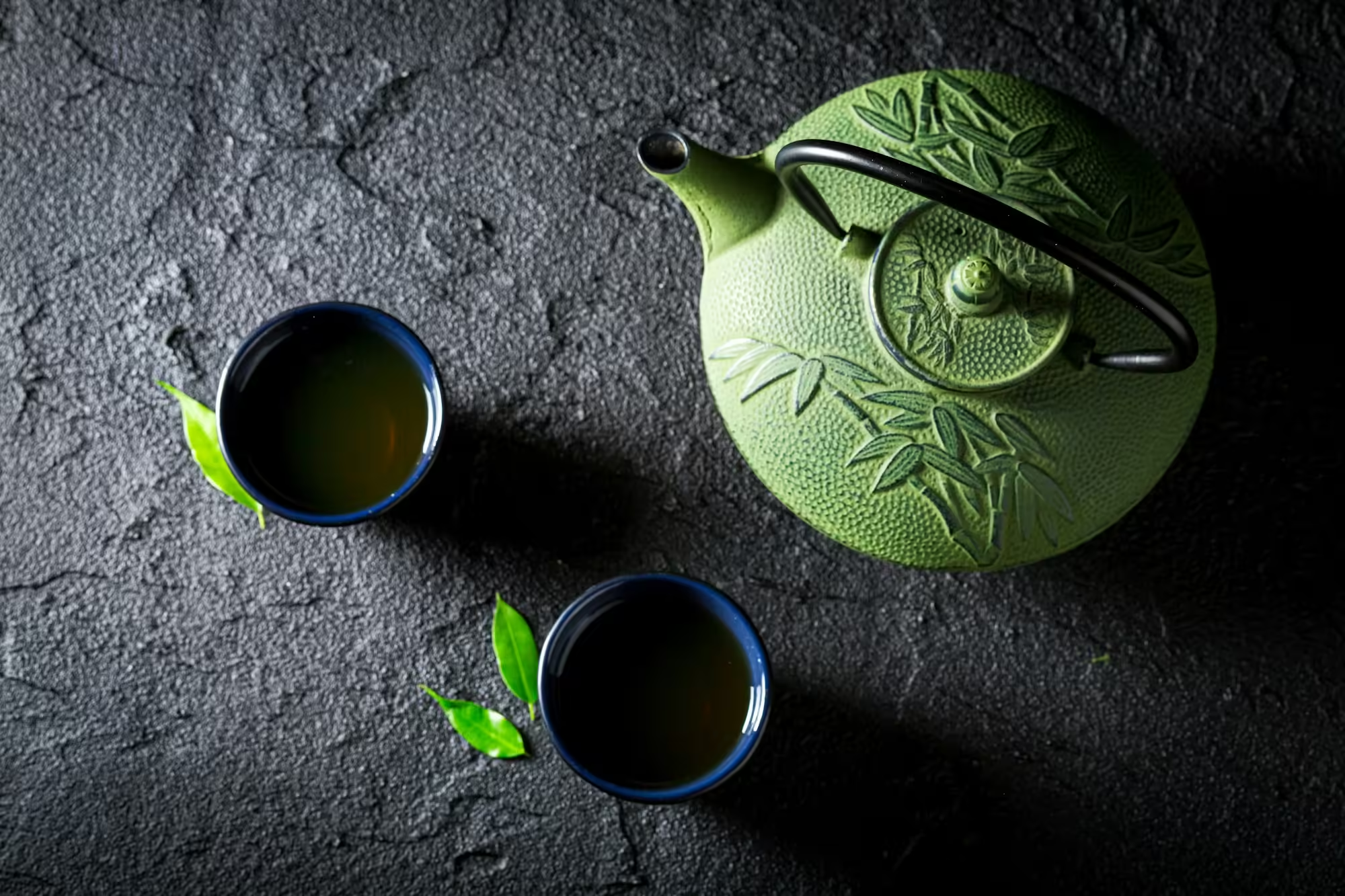
Post comments
This post currently has no comments.